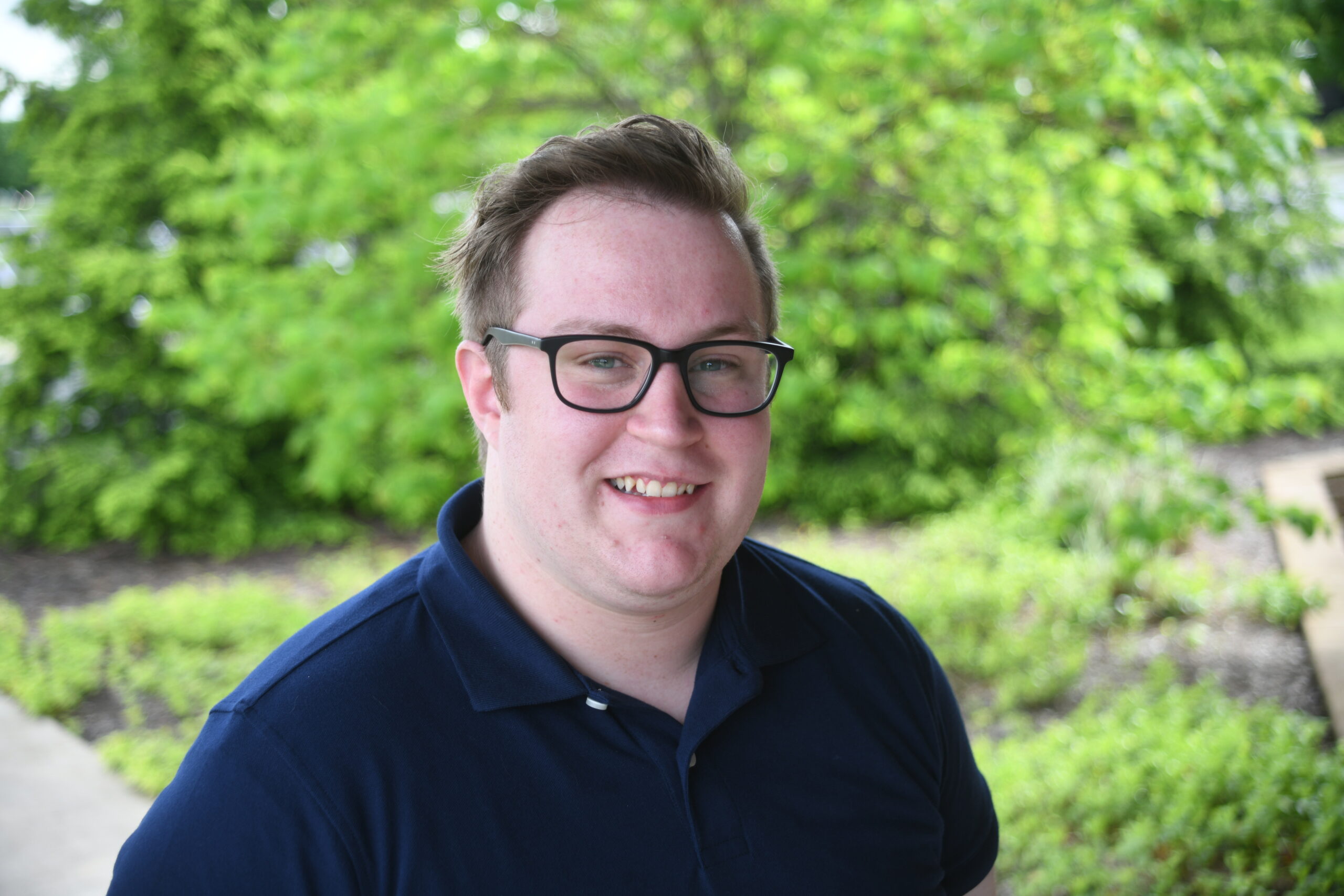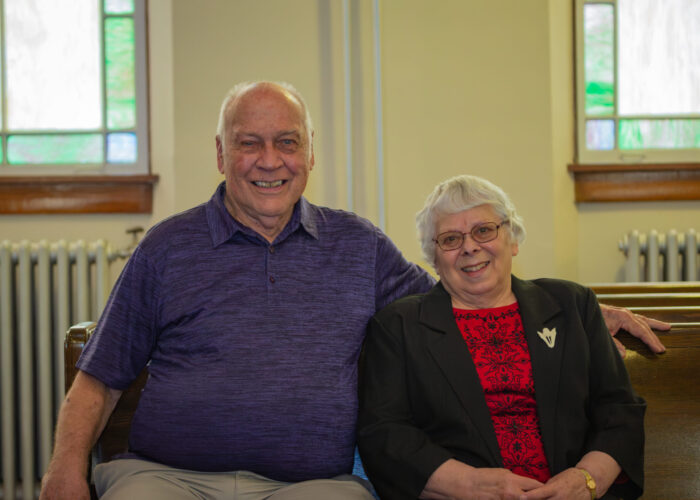Para leer este artículo en español, haga clic aquí.
In order to participate in discipleship training, inhabitants of Suba, a locality in Bogotá, Colombia, had to travel across the city to downtown Bogotá. It was time-consuming to travel this distance, so Pastors Jaime Ramírez and Peter Stucky decided to plant a church in that neighborhood.
Jaime Ramírez and his wife, María Victoria, experienced church-planting work in the neighboring city, Soacha. Even though they did not live in the Suba locality, they began the work of planting a church and fostering a new congregation there, not knowing the challenges and victories that lay ahead of them.
One challenge they faced initially, was the congregation being more interested in socioeconomic help and education than building a connection with Christ and others. But this was overcome with time, Jaime Ramírez said.
"[The idea of becoming a church] was evolving in a natural, organic manner. After a while, the group realized they wanted to become a church," said Jaime Ramirez.
Iglesia Cristiana Menonita de Colombia (IMCOL) encouraged participation in the Sent Network, which provided inspiration for Jaime and Maria Victoria. The Sent Network, a program of Mennonite Mission Network, is a resourcing curriculum, specifically designed to recruit, equip and prepare church planters to create and foster Anabaptist communities of faith. The APEST (Apostle, Prophet, Evangelist, Shepherd, Teacher) framework that the Sent Network uses helped the Jaime, Maria Victoria, and the rest of the leadership team in Suba focus on their specific callings. The church-planting proposal that the Sent curriculum encourages planters to write helped them to think about who, what, when, where and how they would approach the ministry. Additionally, Jaime Ramírez said that the ideas presented by others in his cohort groups helped him to grow spiritually in his church-planting abilities.
Finding a permanent location for the church was another challenge. When the congregation initially started meeting in 2014, they met on the terrace of one of the congregation members’ rented home. Soon after, they started moving from home to home, conducting house church.
Eventually, they rented a small space in a communal building. But this was met with trouble, as they would often show up for church, only to find that someone else had rented the building for another event.
Still, the congregation persevered. Another member of the congregation offered their home as a meeting space, and the congregation helped make repairs to the house while meeting there. Eventually, they rented space in an apartment building nearby in the Caminos de Esperanza (Pathways of Hope) neighborhood. This hope, this unity, that had kept the church together from location to location was now a cornerstone of their congregation. So, they adopted the name of the neighborhood as the name of their congregation.
Soon, the Pathways of Hope church encountered a new challenge: They outgrew the Caminos de Esperanza building. And so, they set out, again, to find a new place to meet.
The Pathways of Hope church was renting a two-story house for about three years, when having achieved relative locational stability, the congregation began to expand its ministries.
Jaime Ramírez had always been an entrepreneur. He owned/managed a retail clothing store and always planned to start businesses to further the work of the kingdom of God. In conjunction with his entrepreneurial spirit, he and Maria Victoria had been thinking of ways to provide jobs to the women in their community. Their daughter, Dayana Ramírez Sosa, had recently received training from the government to become a baker, and with that as a stepping stone, they started a small bakery in the building that the church was renting at that time.
Five women from the congregation, along with Jaime Ramírez, underwent similar training and began producing baked goods, such as bread, pastries and other desserts. Initially, they only baked for close friends and family, as they learned to use the bakery’s new machines and gained confidence in their baking skills.
After two months, they opened the bakery and started selling products to the public. The church was not in a highly trafficked area, so most of their advertising was done by word of mouth and pre-existing relationships. Once they began opening the shop twice each week, the freshly baked loaves and rolls flew off the shelves.
IMCOL was excited by the potential and entered into a process of fundraising along with the congregation. Grants and loans, some coming through Mission Network, along with local efforts made it possible to purchase a new building, with more than 3,000 square feet. It includes three storefronts, where they plan to locate the bakery, as well as a coffeeshop and a bookstore. It also has ample space to hold church services.
This new property was purchased with the help of the hand of God, Jaime Ramírez said. The church was able to buy the building for a little more than half of the appraised value.
"It’s a huge blessing," said Jaime Ramírez. "It is as if I asked God for a small car, and God gave us an airplane."
Looking to the future, the Pathways of Hope congregation plans to expand its ministries even further. Jaime Ramírez has ideas for several upcoming projects, including providing diapers for mothers with handicapped children and providing food for people living without homes.
"I’m 66 now. I’m not that young," Jaime Ramírez said. "But I see myself [continuing to] combine three elements: social work, entrepreneurial work and church-planting work. That’s where I see my future."





